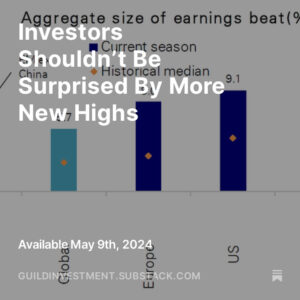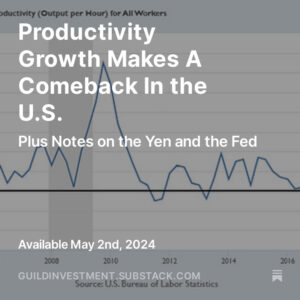We’ve commented a few times in recent letters on one of the pandemic’s most noteworthy effects: what’s come to be known as “the Great Resignation.” It’s visible economy-wide, as it includes both early retirements and reassessment of family lifestyles — care for children and elderly relatives. It is making geographic and political waves, as a pull-forward of remote work and job digitization has accelerated an already-operative exodus from some jurisdictions with high living costs and decaying quality of life.
However, the hospitality industry has been particularly hard-hit. Anecdotally, most readers, like us, have seen the “help wanted” signs at restaurants and have endured slower service. This is not an illusion. In a third-quarter survey by Joblist, 77% of currently employed hospitality workers said that the pandemic had made them want to change their career — and 25% said they might quit even without having other work lined up.
The pandemic created a perfect storm of poor working conditions for many hospitality workers, and the employment flux of the past two years has empowered them to jump ship. They cite covid fears, long hours, scheduling inflexibility (certainly compared to gig work), and a favorite of ours — difficult customers. There is no way we know to quantify the decline of public manners, but we have long noted a cultural trend towards a toleration of intolerable public behavior, and customer-facing workers — especially in hospitality — are certainly at the receiving end of it. The pandemic’s restriction of in-person interaction has only made the trend worse. We certainly understand why, in once-in-decades moment of job-seeker dominance, hospitality workers would opt to move for a career change.
All of this suggests another pandemic pull-forward — and surprise, surprise, it’s tech-related again. Many hospitality workers — especially in food and beverage prep and point-of-sale positions — perform tasks that are eminently suitable for automation. Many restaurants have been moving towards point-of-sale automation for years — notably McDonald’s [MCD]. Now the trend of food and beverage prep automation is accelerating. Miso Robotics’ grill robot, Flippy 2, is being trialed by private burger chain White Castle — and the company is also making point-of-sale integrations. The robot costs about $30K up-front, or leases for $2K a month — but of course, never calls in sick, never needs a raise, and never has to hold its tongue with a rude patron.
Ultimately, the confluence of gig delivery and restaurant robotics will likely reshape the lower and mid-level tiers of the restaurant business, concentrating real estate footprints and altering business plans. Already there are many venture-capital backed food and beverage automation startups, some focused on food, some on specialty beverages, some on point-of-sale. When these companies come public, and if they can be bought at sane valuations, we believe the industry is an attractive secular theme.
Of course, automation alone is insufficient if the technology isn’t right — an elevated risk for first movers — or if management fails to manage its implementation. We saw this play out recently for online real-estate platform Zillow [Z]. Z made a bet that it could parlay its vast trove of residential real-estate data into a deep-learning AI house-flipping enterprise — believing that AI would be able to manage real-estate’s notorious granular valuation problems and outperform merely human real estate assessment in accuracy and speed. It didn’t work — and the company incinerated $381 million in the most recently reported quarter.
Kudos to the company for pulling the plug rapidly on a failing venture, and kudos for the attempt — real-estate is a business with many inefficient nooks and crannies that are begging for technological intervention and enhancement (blockchain for titles, for example, or the inventory digitization push being made by new entrant Matterport [MTTR]). It may be that Z will pave the way for a future entrant that successfully cracks that nut. In any event, we advise investors excited about technology never to forget that the human capacity and acumen of management always remains the foundation of successful execution, no matter how enticing the theme.
Investment implications: Waves of transformation hitting the U.S. labor market and handing wage-earners an opportunity to change careers are hitting the hospitality industry hard — and we believe more automation will be an inevitable response. Be careful to study these opportunities not just in the context of valuation, but with an eye to management. Even secular tech themes require effective management to see fruition.
Please note that principals of Guild Investment Management, Inc. (“Guild”) and/or Guild’s clients may at any time own any of the stocks mentioned in this article, and may sell them at any time. In addition, for investment advisory clients of Guild, please check with Guild prior to taking positions in any of the companies mentioned in this article, since Guild may not believe that particular stock is right for the client, either because Guild has already taken a position in that stock for the client or for other reasons.







